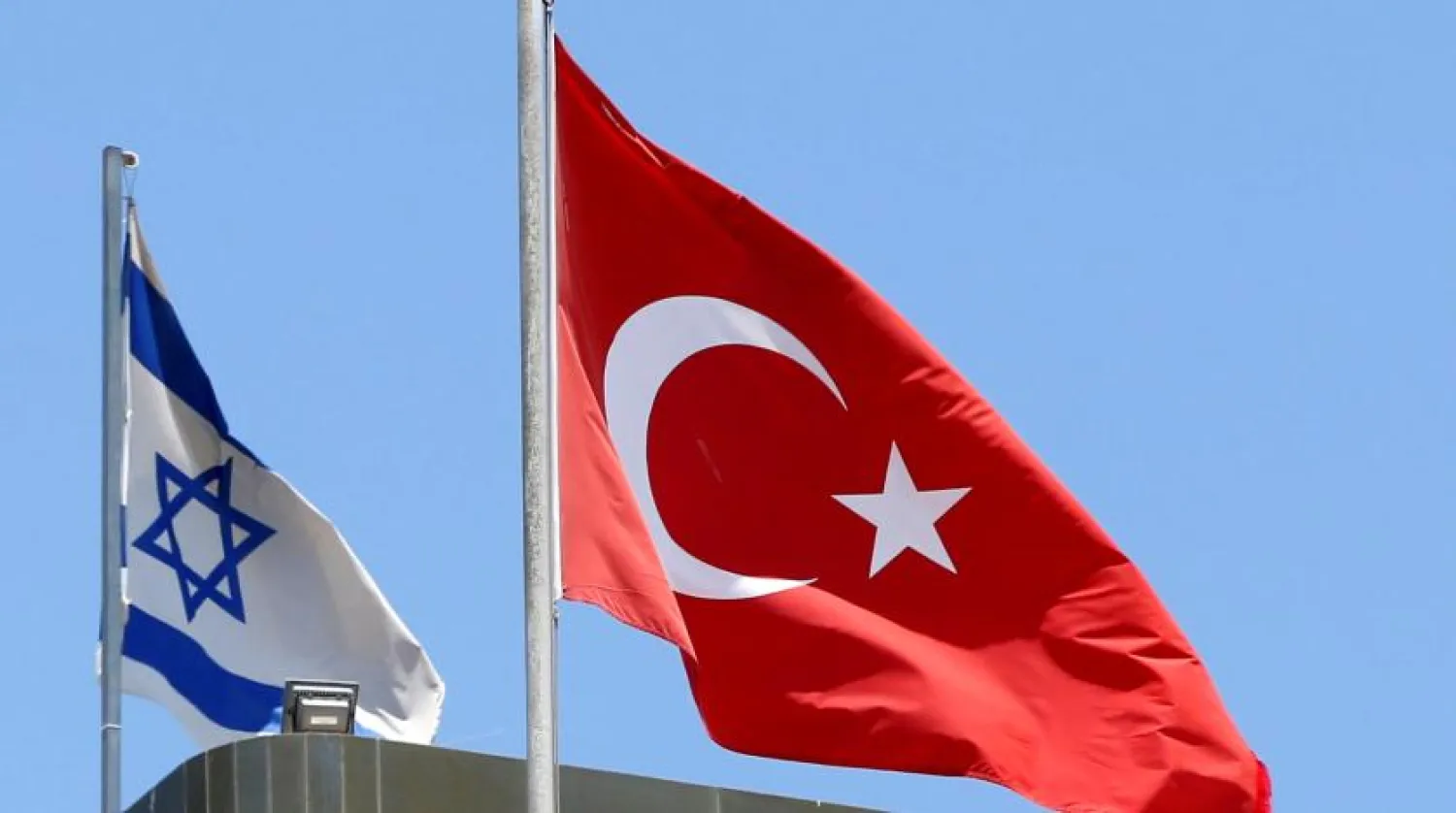Turkey and Israel are preparing to hold an economic conference in autumn to discuss the possibility of promoting economic relations, a political source in Tel Aviv revealed Monday.
The source said that in preparation for the conference, Israeli Economy Minister Orna Barbivai appointed Ambassador Matan Safran as a new economic attaché in Turkey.
Barbivai said the reopening of the economic and trade office in Turkey reflects Israel’s commitment to deepening economic relations with Ankara.
This comes after Israel has criticized Turkey’s denunciation of its recent attack on the Islamic Jihad group in the Gaza Strip, and praised Ankara for its role in Hamas’ decision not to join the fighting.
In July, Israel said it will reopen its economic and trade office in Turkey, as the countries work to restore diplomatic ties that have been strained for more than a decade.
There are currently more than 3,000 companies from both countries that benefit from trade relations between Israel and Turkey.
Both governments expelled ambassadors in 2018 and have often traded barbs over the Israeli-Palestinian conflict, though they are now looking to restore representation to ambassador level. Israel cut back its economic representation as well in 2019.
On Friday, Israel launched strikes on Gaza in what it described as the preemption of an Islamic Jihad attack meant to avenge the arrest of a group leader in the occupied West Bank.
Turkey condemned Israel’s airstrikes and said it’s “deeply concerned” about the latest rounds of violence.
However, when Palestinians questioned “why Hamas did not participate in the clashes and refrained from firing rockets at Israel to support the Islamic Jihad,” they found that Ankara supported Hamas’ position to stay out of the fighting.
Ankara believes Hamas’ decision prevents expansion of aggression and preserves the positive Israeli measures towards the Gaza Strip, including the granting of 20,000 work permits in Israel to Gazans, opening the crossings to fuel and goods in both directions, and possibly progressing a prisoner exchange deal.
The Israeli Economy minister chose to announce the appointment of an economic attaché in Turkey on the same day when a truce between Israel and the Palestinian Islamic Jihad group has taken effect.
The upcoming economic conference next autumn is the fifth between the two countries. The last such conference was held in 2009.
Economic relations between Israel and Turkey, which began in 1997, were not significantly affected by the political crisis that erupted in 2018.
Trade exchange between the two countries reached a new peak of $7.7 billion in 2021, recording an increase of 30 percent over the previous year.
Turkey is the fourth most important trading partner with Israel.









